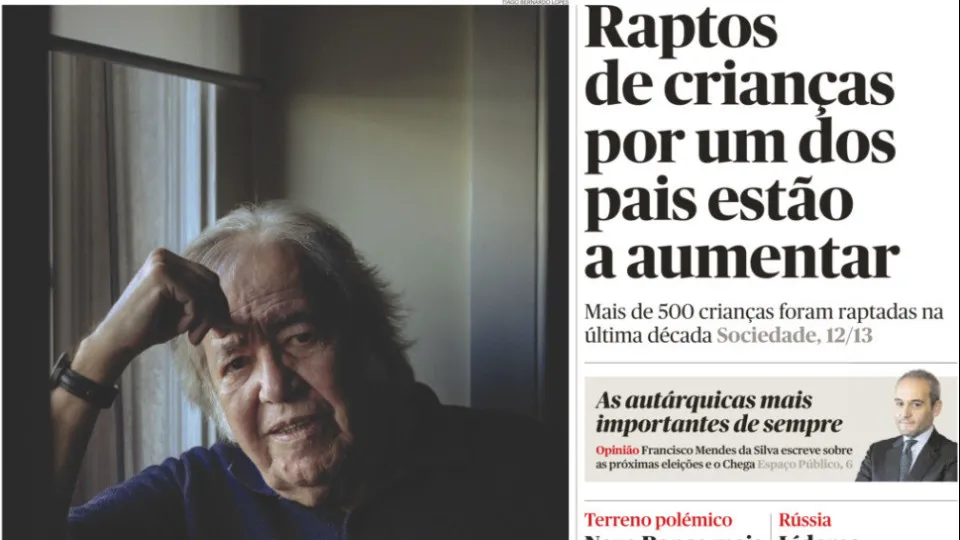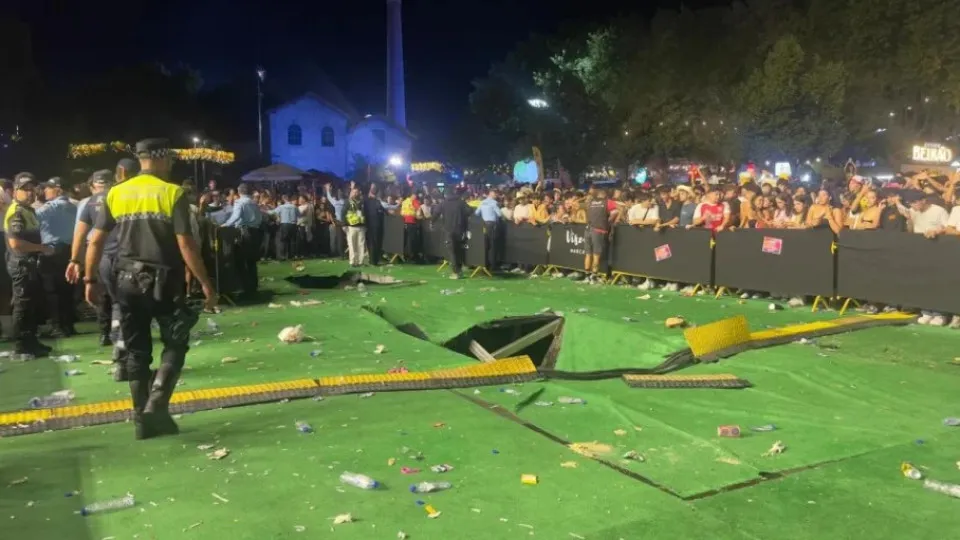
The Portuguese Cinema Academy announced today that it has submitted the film ‘The Worst Man in London’ by Rodrigo Areias for the Soto Awards, organized by the Venezuelan Cinema Academy, with the ceremony scheduled for August 12.
‘The Worst Man in London’ is a period film set in the 19th century, exploring the intricacies of diplomacy and colonialism, starring Albano Jerónimo.
The feature earned four Sophia awards from the Portuguese Cinema Academy in April for Best Costume Design (Susana Abreu), Art Direction (Ricardo Preto), Makeup and Hair (Bárbara Brandão and Natália Bogalho), and Best Lead Actor (Albano Jerónimo).
Margarida Cardoso’s film ‘Banzo’ has been selected to compete in the Macondo Awards of the Colombian Academy of Cinematographic Arts and Sciences, slated for November 2.
‘Banzo’ is a fictional story set in the early 20th century on an African tropical island, depicting the violent relationship between Portuguese colonizers and Black slaves.
Carloto Cotta plays a mainland doctor sent to the island to treat a group of Black slaves, forcibly taken to plantations and dying from profound sadness.
Miguel Gomes’ ‘Grand Tour’ is a contender for a nomination in the SUR Awards by the Argentine Academy of Cinema, with the ceremony date yet to be announced.
Miguel Gomes won the Best Director award in 2024 at the Cannes Film Festival in France with this film, which tells the story of a grand journey through the East and two characters inspired by a book from writer Somerset Maugham.
Gonçalo Waddington plays Edward, a British Empire civil servant in 1918, who embarks on a solitary journey through Asia after fleeing from his fiancée, Molly, on the day of their wedding. Molly, portrayed by actress Crista Alfaiate, persistently follows her runaway fiancé through the Asian trek.
The film was Portugal’s entry for nomination consideration to the Oscars in the USA and the Goya Awards in Spain and won the Sophia for Best Film, Director, and Editing.
For the Lihuén Awards, given by the Chilean Cinema Academy, Portugal is nominating ‘Revolution (Without) Blood’ by Rui Pedro Sousa, inspired by real events. The ceremony date is yet to be announced.
The film interweaves stories of those who died in the events of April 25, 1974, during the political police attack by the Estado Novo dictatorship’s PIDE against protesters.
The individuals portrayed are Fernando Giesteira, João Arruda, Fernando Reis, and José Barneto, aged 18 to 38, who were shot by the PIDE/DGS in Rua António Maria Cardoso, Lisbon, the headquarters of the political police.
Also featured is António Lage, a PIDE/DGS employee, who was shot by a soldier.
According to the Academy, these four distinct selections for Ibero-American awards “confirm the vitality of contemporary Portuguese cinema and its growing impact in the Ibero-American space.”




